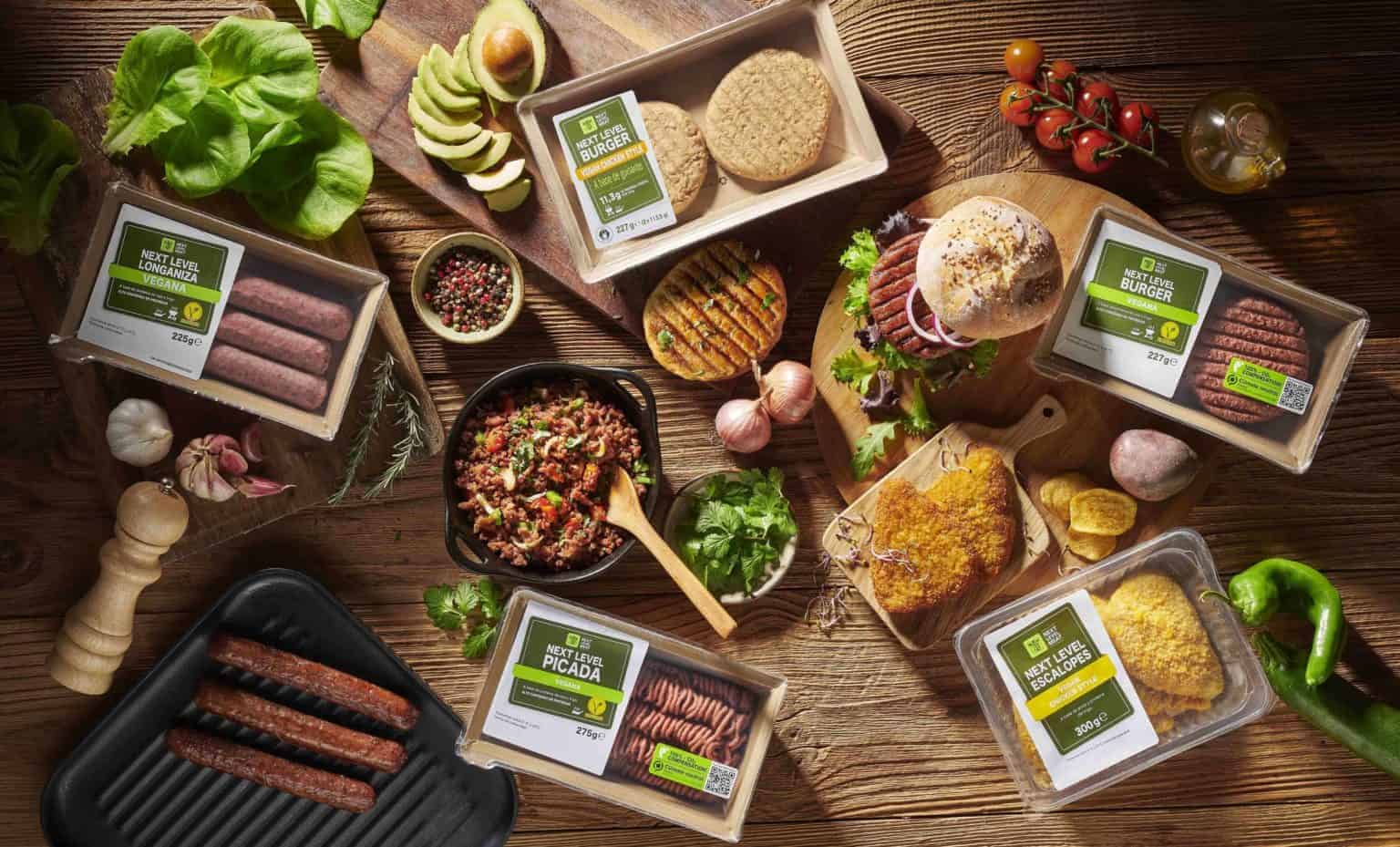Starting today, Lidl Austria is undercutting prices by up to 52% for over 30 Vemondo products (its private-label brand), including alternatives to milk, minced meat, sausages, and other plant-based products.
This radical price reduction aims to match the prices of vegan products with similar animal-based items to ensure what the retailer calls “equality on the plate.”
“We have abolished the price barrier for vegan products”
With this initiative, Lidl Austria joins the price-parity trend that started with Lidl Germany, followed by Kaufland, Aldi Süd, Penny, BILLA, Jumbo, Lidl Hungary, Lidl Denmark, and Salling Group to make plant-based alternatives more attractive and affordable for vegans, vegetarians, and flexitarians.
“We have abolished the price barrier for vegan products. The animal-based comparison items are not expensive branded products, but our affordable own brands. This means we are foregoing margins and investing a lot of money in the development of a more conscious diet in the interests of climate protection,” says Alessandro Wolf, CEO of Lidl Austria.

Promoting change with new products
In 2023, Lidl Austria launched a “Conscious Nutrition” strategy to ensure customers can access the best options for a sustainable lifestyle.
To set the goals of its new strategy, the retailer, in collaboration with WWF Austria, recently conducted a study to determine the percentage of animal proteins in its products compared to plant-based protein suppliers, becoming the first Austrian retailer to research its protein sources.
As a result, the company plans to expand its current portfolio of 450 vegan items by 2025. In addition, the company says it will focus on making plant-based alternatives more appealing to customers with a range of healthy alternatives to animal products made using regional ingredients such as pea or soy protein.

Affordable sustainable diets
The latest Smart Protein survey on European consumers has revealed a continuing diet shift in Austria, where the number of vegans has risen by 2%, and over half of Austrians have reduced their meat consumption since 2021.
According to the survey, the Austrian plant-based market is booming, with many surveyees saying they consume plant-based milk, cheese, yogurt, and meat alternatives. However, the study also found that the main obstacle to purchasing these alternatives is price, with 38% of Austrian surveyees stating they find plant-based products too expensive.
“For a sustainable change in diet, we need to reduce the consumption of animal-based foods and promote plant-based products instead – both through a better range of alternatives and through better affordability of climate- and resource-friendly foods,” says Pegah Bayaty, spokesperson for sustainable nutrition at WWF Austria.





